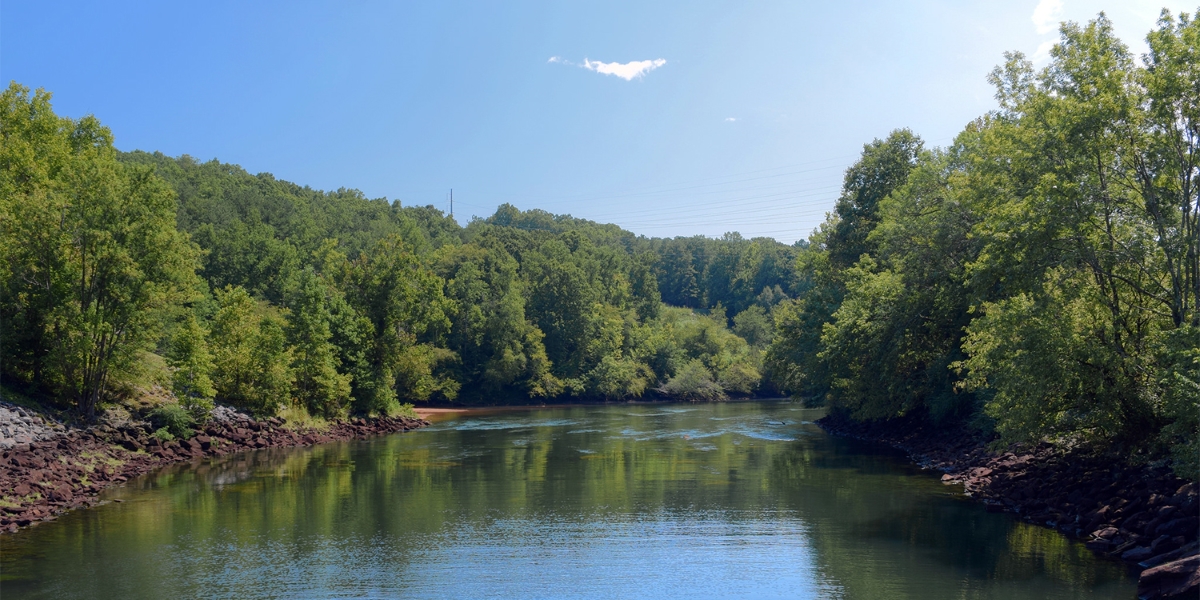Federal Plan For Georgia Water To Get First Update In Decades

Lake Lanier is the deepest reservoir that the Army Corps of Engineers operates on the ACF Basin. It also fills with water more slowly than the others.
Grant Dawson / flickr.com/117767094@N04
Federal officials are asking for feedback from the public on a proposal for how to manage Lake Lanier and other reservoirs in Georgia, Florida and Alabama. It’s the first time the U.S. Army Corps of Engineers has updated the water control manual for the entire Apalachicola-Chattahoochee-Flint River Basin since 1958.
That’s at least partially because of the battles over the water that flows down the three rivers, according to Army Corps of Engineers spokesman Pat Robbins. The water wars between the three states have been waged over these rivers, and Florida is currently suing Georgia in the U.S. Supreme Court, claiming Atlanta uses too much water.
The Corps operates five dams on the rivers, including Buford Dam, which is on Lake Lanier, source of Atlanta’s water supply. The entire basin includes rivers and streams from North Georgia, to the Alabama border and down to the Florida Panhandle.
“When the original manual was done, some of the projects hadn’t even been built,” Robbins said. “And of course over the years, things have changed in the basin. Population has increased, water withdrawals have increased, water supply has increased, we’ve added new technology to some of our facilities to make them more efficient and more environmentally friendly.”
Robbins said the proposed manual takes all those changes into account. Experts in Atlanta have said that the plan gives the city the water it needs.
The Corps is listening to public comments at meetings this week and is also collecting them on its website.
Robbins said about 75 people came to ask questions at a meeting in Gainesville on Monday night.
“Some people look at it, How does it affect only Lake Lanier? Other people come in and look at it as, How is it going to affect the basin? What do you do during droughts? What do you do during floods? — and that type of thing,” he said.
An independent group, the ACF Stakeholders, has suggested its own way to share water between Georgia, Florida and Alabama. Robbins said the Corps is aware of the proposal, but the group has not yet shared the technical details behind its recommendation.
The Corps expects to spend about a year collecting and analyzing comments before releasing a final plan for the basin.
9(MDAxODM0MDY4MDEyMTY4NDA3MzI3YjkzMw004))






